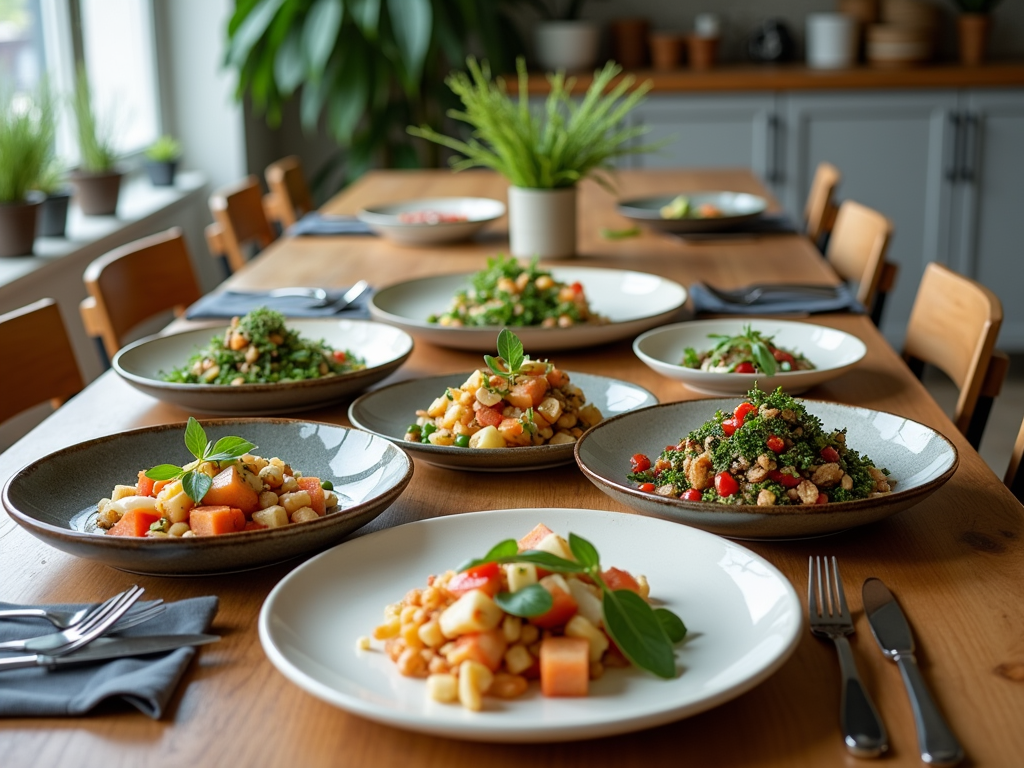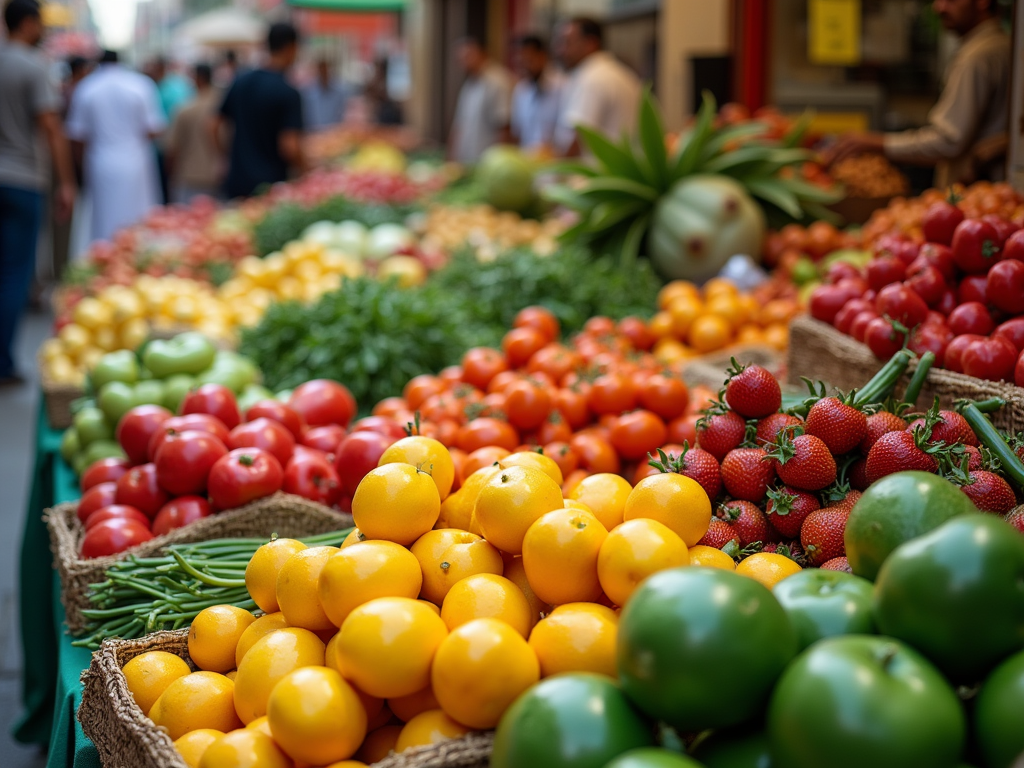Launching a subscription-based food delivery business in Dubai can be an exciting venture filled with potential. The UAE is renowned for its diverse culinary scene and a bustling expat population, which presents a unique opportunity for food entrepreneurs. This article delves into the critical steps to establish your food delivery service, from market research to operational logistics, ensuring you’re set for success in this thriving market.
Understanding the Market and Audience

The first step to starting a successful subscription-based food delivery service is conducting comprehensive market research. Understanding the tastes and preferences of your target audience will allow you to develop a service that stands out. In Dubai, a significant expat population means cultural diversity influences food choices. To tailor your offerings effectively, consider the following actions:
- Analyze competitor offerings to identify gaps in the market.
- Conduct surveys and focus groups to gather consumer insights.
- Explore demographic data to understand your audience’s needs.
- Investigate trending cuisines and dietary preferences, such as vegan or keto diets.
- Monitor online platforms and social media for food-related discussions.
By leveraging this information, you can craft a unique selling proposition that caters directly to the needs and desires of your potential customers.
Developing a Business Plan

Creating a solid business plan is crucial for the success of your subscription-based food delivery service. This document should cover all key aspects of your business strategy, from initial costs to marketing plans and long-term goals. A robust business plan should include:
- Executive Summary: A snapshot of your business, mission, and vision.
- Market Analysis: Insights gleaned from your market research, including target demographics.
- Operational Plan: Logistics regarding food sourcing, packaging, delivery, and management.
- Marketing Strategy: How you plan to reach your audience, including digital marketing tactics.
- Financial Projections: Estimates of your startup costs, expected income, and profitability timelines.
This business plan serves not only as a roadmap for your venture but also as a tool for attracting investors or securing loans.
Registering Your Business and Legal Considerations
Once your business plan is complete, the next step involves navigating the legal requirements necessary to operate in Dubai. Registering your food delivery business can be a complex process that requires careful attention. Key steps include:
- Choose a suitable business structure (e.g., LLC, sole trader, etc.).
- Obtain a trade license from the Department of Economic Development (DED).
- Register for a food establishment license by liaising with the Dubai Municipality.
- Ensure compliance with health and safety regulations pertaining to food handling.
- Consider obtaining liability insurance to protect your business.
Staying compliant with local laws and regulations is crucial to avoid fines and ensure your business operates smoothly.
Building Your Supply Chain and Menu
The core of your subscription food service lies in your supply chain and menu offerings. Sourcing quality ingredients is critical to your success and directly impacts customer satisfaction. When building your menu, consider the following aspects:
- Focus on fresh, high-quality ingredients that resonate with your target market.
- Incorporate a mix of cuisines to appeal to the diverse demographic in Dubai.
- Offer various dietary options to cater to different customer preferences.
- Plan menu rotations to keep the offerings exciting and fresh.
- Create partnerships with local farmers or suppliers to promote sustainability.
Developing a diverse and flexible menu will help you attract recurring subscriptions from satisfied customers who eagerly await their next delivery.
After establishing your menu and supply chain, it’s vital to roll out an effective marketing strategy to reach potential subscribers. Create buzz and drive sign-ups through various channels, such as:
- Social Media Marketing: Utilize platforms like Instagram and Facebook to showcase your meals and engage with customers.
- Influencer Partnerships: Collaborate with local food bloggers or influencers to promote your service to their followers.
- Email Campaigns: Use newsletters to keep subscribers informed about new menu items, discounts, or features.
- Referral Programs: Encourage current customers to refer new subscribers with incentives.
- Online Advertising: Invest in targeted ads on social media and Google to capture the attention of prospective customers.
By combining these strategies, you can create a vibrant online presence that attracts and retains customers.
Conclusion
Opening a subscription-based food delivery business in Dubai requires careful planning, market research, and a strong marketing strategy to thrive in this competitive market. By understanding your audience, developing a comprehensive business plan, navigating legal requirements, sourcing quality ingredients, and effectively marketing your service, you can successfully establish and grow your venture. This approach not only helps you attract subscribers but also enables you to build lasting relationships with customers who appreciate quality food and service.
Frequently Asked Questions
1. What are the initial costs involved in starting a food delivery business in Dubai?
Initial costs may include business registration fees, licensing costs, kitchen setup, ingredient sourcing, packaging materials, marketing expenses, and delivery logistics. It’s essential to budget for these aspects accurately.
2. How can I differentiate my subscription-based food delivery service from competitors?
You can differentiate your service by offering unique culinary experiences, catering to specific dietary preferences, introducing customizable meal options, or implementing a loyalty program to enhance customer retention.
3. Is it necessary to have a physical kitchen to start a food delivery business?
Yes, having a licensed commercial kitchen is essential for food preparation according to local health regulations. You can either rent a space or partner with a ghost kitchen to minimize initial costs.
4. What delivery methods can I implement for my food service?
You can choose to handle deliveries in-house, hiring a dedicated delivery team, or partner with third-party delivery services like Talabat or Zomato to reach a broader audience effectively.
5. How can I ensure food quality during delivery?
Invest in high-quality packaging to maintain the food’s temperature and freshness. Additionally, train your delivery team on proper handling techniques and timeliness to enhance the overall customer experience.
